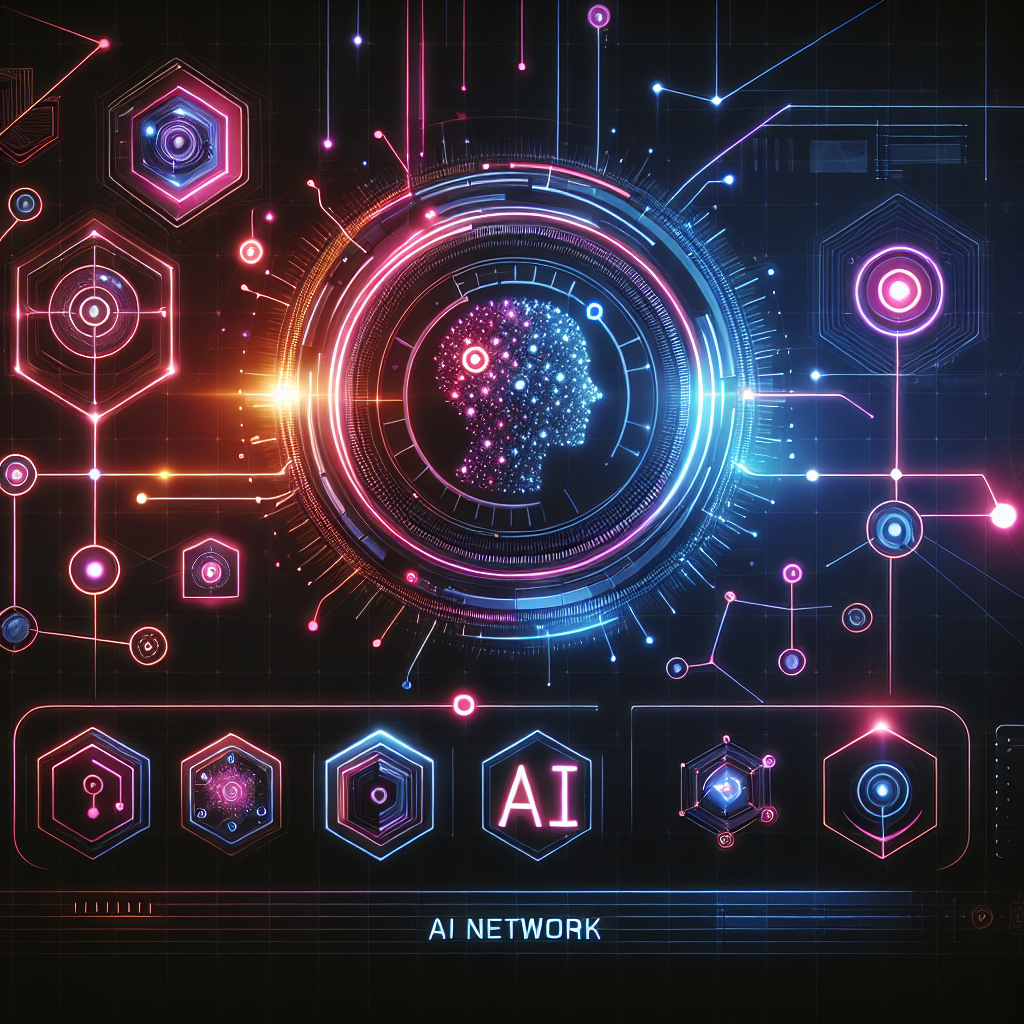Generative AI: The Key to Personalized Digital Experiences
In today’s digital world, personalization is key to creating engaging and memorable experiences for consumers. From tailored recommendations on streaming services to customized product suggestions on e-commerce platforms, businesses are constantly looking for ways to connect with their customers on a more individual level. One technology that is revolutionizing the way companies interact with their audience is generative AI.
Generative AI, also known as generative adversarial networks (GANs), is a subset of artificial intelligence that focuses on creating new content based on existing data. Unlike traditional AI systems that rely on pre-defined rules and patterns, generative AI can generate new text, images, and even music that is unique and original. This ability to create new content has opened up a world of possibilities for businesses looking to personalize their digital experiences.
One of the key benefits of generative AI is its ability to understand and adapt to individual preferences. By analyzing a user’s behavior, such as their browsing history or purchase patterns, generative AI can create personalized recommendations that are tailored to their specific tastes and interests. This level of customization not only enhances the user experience but also increases engagement and conversion rates for businesses.
Another advantage of generative AI is its ability to generate content at scale. Whether it’s creating personalized email campaigns or generating product descriptions for an online store, generative AI can automate the process of content creation, saving businesses time and resources. This scalability allows companies to deliver personalized experiences to a large audience without compromising on quality.
Generative AI is also making waves in the world of design and creativity. By analyzing thousands of images, videos, and other creative assets, generative AI can generate new designs and artwork that are both visually appealing and on-brand. This can be particularly useful for businesses looking to refresh their branding or create new marketing materials that resonate with their target audience.
In addition to its applications in marketing and design, generative AI is also being used in other industries such as healthcare and finance. For example, generative AI can be used to create personalized treatment plans for patients based on their medical history and genetic data. In the financial sector, generative AI can be used to analyze market trends and create personalized investment strategies for clients.
Despite its many benefits, generative AI is not without its challenges. One of the main concerns surrounding generative AI is the issue of bias. Since generative AI learns from existing data, there is a risk that it may perpetuate existing biases and stereotypes. This can have serious implications, especially in industries such as healthcare and finance where decisions can have real-world consequences. To mitigate this risk, businesses must be vigilant in monitoring and auditing their generative AI systems to ensure that they are fair and unbiased.
Another challenge of generative AI is the issue of privacy and data security. Since generative AI relies on large amounts of data to create personalized experiences, there is a risk that sensitive information may be compromised. Businesses must take steps to protect user data and ensure that it is handled in a secure and ethical manner.
Despite these challenges, the potential of generative AI to transform personalized digital experiences is undeniable. By harnessing the power of generative AI, businesses can create engaging and memorable experiences that resonate with their audience on a personal level. From personalized recommendations to custom-designed artwork, generative AI is paving the way for a new era of digital personalization.
FAQs
Q: How does generative AI differ from traditional AI systems?
A: Generative AI differs from traditional AI systems in that it focuses on creating new content based on existing data, rather than relying on pre-defined rules and patterns. This allows generative AI to generate unique and original content that is personalized to individual preferences.
Q: What are some practical applications of generative AI?
A: Generative AI has a wide range of practical applications, including personalized marketing campaigns, custom design solutions, and personalized healthcare treatments. Businesses across various industries are using generative AI to create engaging and personalized experiences for their customers.
Q: What are some of the challenges of using generative AI?
A: Some of the main challenges of using generative AI include the risk of bias and privacy concerns. Businesses must be vigilant in monitoring and auditing their generative AI systems to ensure that they are fair and unbiased, and take steps to protect user data and ensure that it is handled in a secure and ethical manner.

